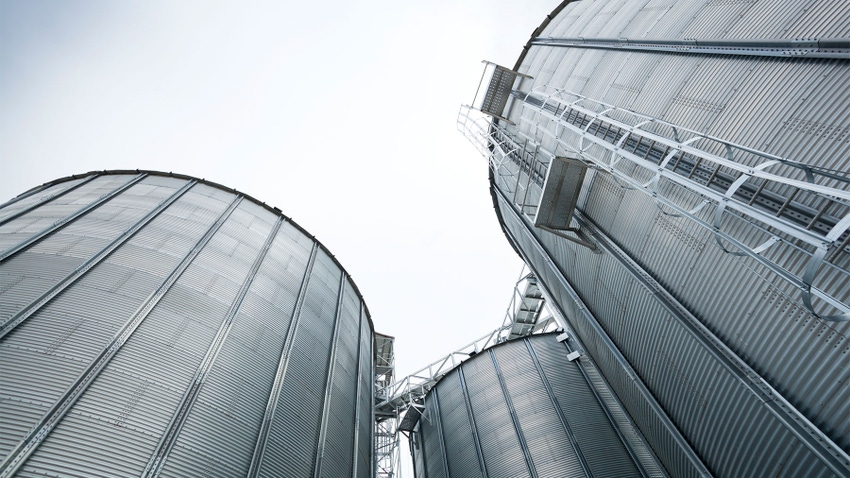February 22, 2024

by Vince Phillips
On Feb. 1, 2021, the government missed an opportunity to help the U.S. economy.
Newly inaugurated President Joe Biden issued a proclamation stating that the Section 232 tariff on imported aluminum would continue. He did this even as he lifted Trump administration tariffs on other imports.
The president’s rationale was this: “[We] applied tariffs to help ensure the economic viability of the domestic aluminum industry, an industry that the secretary of commerce previously identified as essential to our critical industries and national defense. Because robust domestic aluminum production capacity is essential to meet our current and future national security needs, [it] aimed to revive idled aluminum facilities, open closed smelters and mills, preserve necessary skills, and maintain or increase domestic production by reducing United States’ reliance on foreign producers.”
A noble purpose: helping America meet its own needs. The problem is that the tariff has not worked. A March 11, 2021, report by the Congressional Research Office, “U.S. Aluminum Manufacturing: National Security and Tariffs,” showed a 9% reduction in U.S. aluminum industry jobs from 2019 to 2020. While COVID-19 was partly responsible, domestic production declined because it costs more to produce aluminum products here due to energy costs and outdated smelting facilities.
World prices, and in particular China — which subsidizes its aluminum production — have dipped below the U.S. price, making us noncompetitive. The CRS report charted the U.S. price of primary aluminum between January and November 2020 as 15% more than the world price. Thus, the U.S. became a magnet for foreign aluminum imports.
Since the tariff has not stimulated domestic production, what should we do? A longer-term solution is reducing costs by modernizing aluminum production capability. But realistically, we are not there yet. Instead, we are at a self-imposed competitive disadvantage.
The demand is there. America depends on aluminum as a component in hundreds, if not thousands, of manufactured products. And there will be more use of aluminum because it does not rust, it is lighter and because electric vehicles must be lighter to compensate for the weight of the battery apparatus.
Farm equipment size and technology add weight. Heavier equipment means more soil compaction, counterproductive to production. As it is lighter than steel, using aluminum reduces weight.
Manufacturers use aluminum for gear casings, pump housing, equipment covers, cabins, parts for combine harvesters and draw-in rollers, pistons, valve covers, and tractor front axles.
On one hand, aluminum is used because it is lighter. But thanks to protectionist tariffs, American aluminum is more expensive. Protecting one industry hurts another, and this tariff has hurt Pennsylvania’s No. 1 industry, agriculture.
In addition, countries we tariffed imposed retaliatory tariffs on our agricultural exports. USDA reported that in 2018 and 2019, U.S. agricultural exports lost at least $27 billion because of retaliatory tariffs from those countries, particularly China.
USDA’s Economic Research Service January 2022 study, “The Economic Impacts of Retaliatory Tariffs on U.S. Agriculture,” showed that Pennsylvania lost between $20 million and $40 million of dairy exports and up to $5 million each for corn, fresh fruits and tobacco.
Pennsylvania fared better than some other states, such as Illinois, which lost $1.25 billion in soybean exports. Thankfully, the market has largely recovered because of further U.S.-Chinese negotiations.
Most recently, on Dec. 9, 2022, the World Trade Organization ruled that the U.S. violated international trading rules by imposing tariffs on steel and aluminum imports. The U.S. filed an appeal, saying that protection of U.S. steel and aluminum is a matter of national security.
Farmers recognize the overall importance of national security, but they see the effects of the tariff differently. Farmers beset by escalating input costs on items like fertilizer and energy, or farm equipment, made more costly by the aluminum tariff should be saying, ‘Wait a minute. Isn’t American food security also a matter of national security? Get rid of that tariff!’”
Phillips is a retired agricultural lobbyist based in Harrisburg, Pa. He can be reached at 717-728-1217 or [email protected]
You May Also Like




